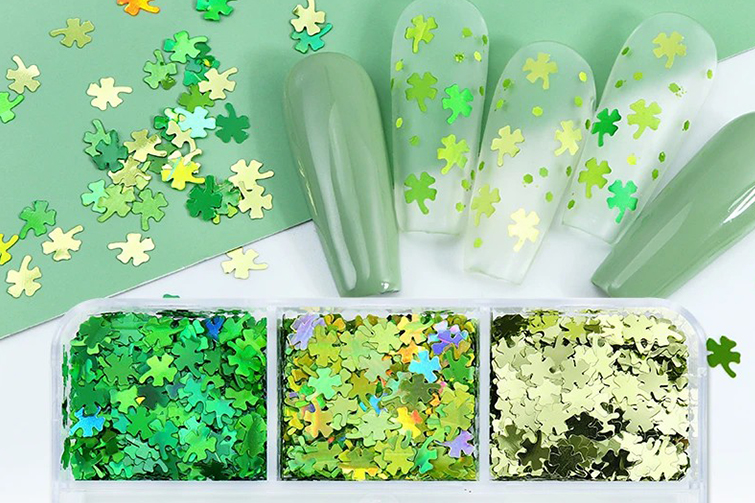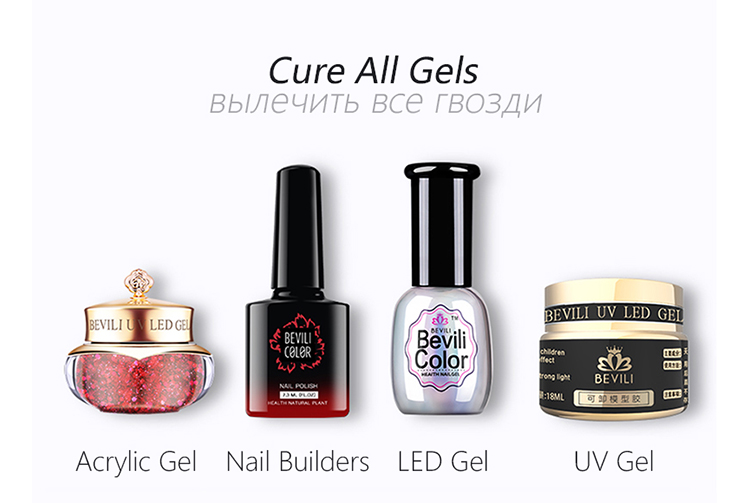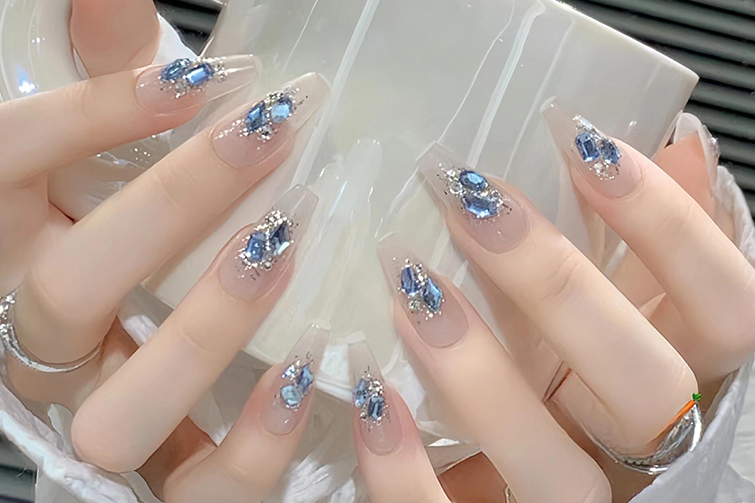

How to Choose the Right Nail Dust Collector: A Practical Guide
When doing manicures, especially gel or acrylic nails, filing and drilling produce fine dust that can be harmful when inhaled or left floating around your workspace. That’s where a nail dust collector comes in—it keeps the air clean, protects your lungs, and helps maintain a tidy work area. Here’s how to choose the right one for your needs.
1. Suction Power Matters
The most important feature of a nail dust collector is suction power. It determines how efficiently the machine collects dust.
High Suction (≥ 60W): Ideal for salons or heavy use. It can handle dust from electric drills and acrylics.
Medium Suction (40W–60W): Good for regular gel manicures.
Low Suction (< 40W): Suitable for light filing or personal/home use.
Tip: Look for models with adjustable power settings so you can control the suction depending on the task.
2. Type: Tabletop vs. Built-In
Tabletop Collectors: Portable and easy to use. Great for home use or mobile technicians.
Built-In Collectors: Installed directly into your nail desk. Sleek and space-saving, ideal for salon environments.
Choose based on your workspace and how frequently you do nails.
3. Noise Level
Nobody wants a loud, vacuum-like noise during a manicure. Look for devices that operate quietly, ideally under 60 decibels (dB).
Quiet (< 50 dB): Comfortable and relaxing experience.
Moderate (50–60 dB): Acceptable for most salons.
Loud (> 60 dB): Might disturb clients or others nearby.
4. Filter System
There are typically two types of filters:
Dust Bags: Washable and reusable, but may lose effectiveness over time.
HEPA Filters: More effective at capturing fine dust particles and allergens. Great for people with sensitivities.
A removable, replaceable filter system is easier to clean and more hygienic.
5. Size and Design
A good dust collector should have:
A flat, ergonomic surface for hand comfort
A non-slip base
Compact size if space is limited
You might also want to choose a design that matches your salon or personal style—some even come in stylish colors or LED-lit models!
6. Durability and Brand Reputation
Go for reputable brands with positive reviews. A well-built collector made from sturdy materials will last longer and work better.
7. Price vs. Performance
Budget (< $50): May work for occasional home use.
Mid-range ($50–$100): Good balance of performance and quality.
Professional Grade ($100+): Designed for heavy-duty salon work.
Don’t just choose the cheapest—you get what you pay for when it comes to performance and durability.
Conclusion
A quality nail dust collector not only protects your health but also enhances the overall manicure experience. Whether you're a home user or a salon pro, choose one that balances power, comfort, and convenience. Clean air and a clean space lead to better nails and happier clients!





